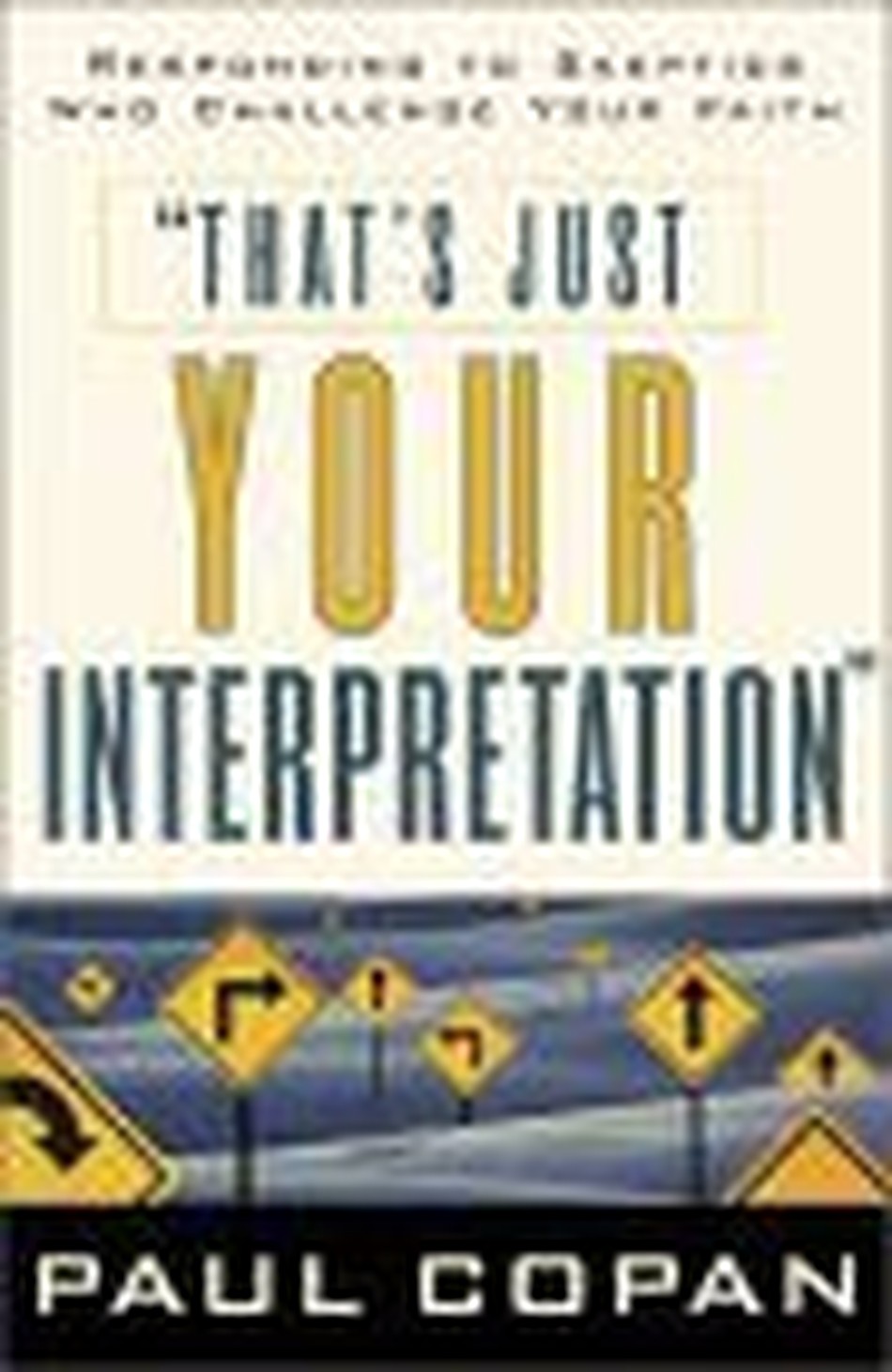But sometimes people want to believe that everything is relative. When you share your faith with them, they say, "That's just your interpretation." When that happens, you can show them the logic of your beliefs.
Here are some ways you can point skeptics toward the existence of universal truth:
- Explain how relativism contradicts itself. If every belief is just as good as every other belief, then there is no reason to take any one belief seriously, and there is no way that a belief in relativism (which is just one of many beliefs) can be the only valid belief a person can hold.
- Point out how relativism doesn't stand up in all real-life situations. If someone truly believes that something can be true for one person but not for another, it might be convenient to believe that when it comes to sexual morality or cheating on an exam. But what will happen when it's not convenient to the skeptic, such as when someone steals something from the skeptic or violates the skeptic's rights, claiming that it's not always wrong to steal or exploit another person?
- Ask the skeptic to consider questions such as whether there can ever be a wrong perspective, whether someone's perspective can ever be correct, and whether it's universally true that everything is a matter of interpretation. Also ask the skeptic why he or she would bother to disagree with someone else's interpretation if all interpretations are equally valid.
- Gently ask the skeptic why he or she has chosen a particular interpretation over yours. Often, the skeptic will not have thought out the reasons behind his or her beliefs. But if the skeptic explains his or her position, listen respectfully and carefully.
- Consider the emotional motivations the skeptic might have for choosing a belief in relativism. Perhaps it's painful for him or her to accept the existence of a particular universal truth; perhaps the skeptic would prefer to try to control his or her own life rather than submit to God.
- Carefully explain your reasons for believing in universal truth, and tell the skeptic how you took the time to thoroughly think them through rather than just choosing them arbitrarily. You might also mention how there are some universal truths that you don't particularly like (perhaps about hell or sin), but that you decided based on evidence rather than feelings.
- Clarify whether the skeptic means that he or she doesn't believe a particular belief is valid, or simply that he or she doesn't like a particular belief.
- Point out the many aspects of reality that are true for both yourself and the skeptic, even though neither of you had any control over bring them into existence (mathematical principles, the past, gravity, etc.).
- Encourage the skeptic to take all his or her doubts and hard feelings to God in prayer. Pray for the skeptic yourself, as well, asking God to give him or her wisdom and the ability to trust Him.
Adapted from "That's Just Your Interpretation": Responding to Skeptics Who Challenge Your Faith, copyright 2001 by Paul Copan. Published by Baker Book House Company, Grand Rapids, Mich., www.bakerbooks.com, 1-800-877-2665.
Paul Copan is on staff with Ravi Zacharias International Ministries and is visiting associate professor at Trinity International University. He holds a Ph.D. from Marquette University and M.A. and M.Div. degrees from Trinity Evangelical Divinity School. He has written several previous books.
Why do you think people sometimes want to believe in relative truth instead of universal truth? How has a universal truth God has created blessed your life in some way recently? Why is it important to you to know how to articulate the reasons behind your faith? Visit Crosswalk's forums to discuss this topic:








